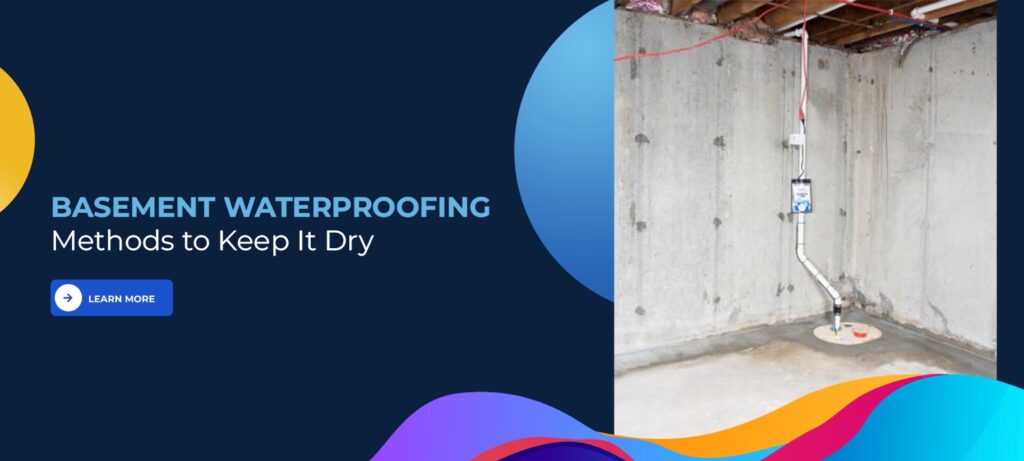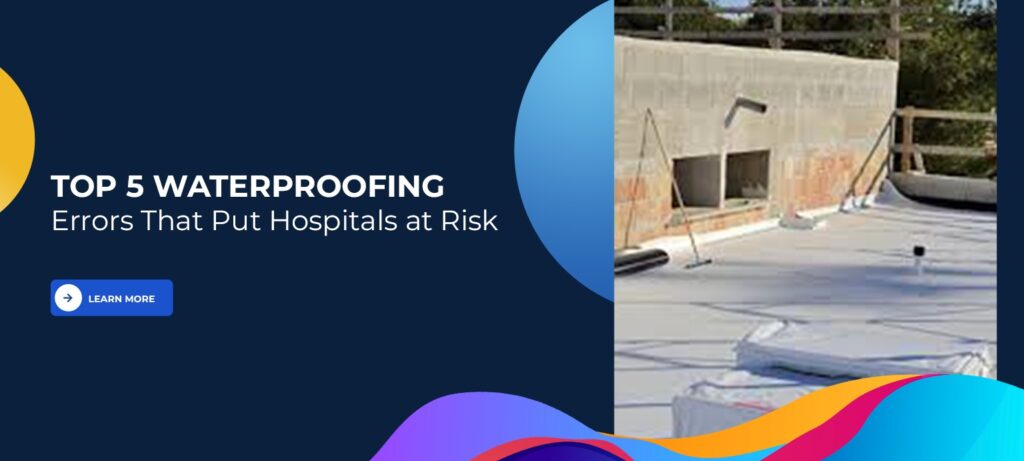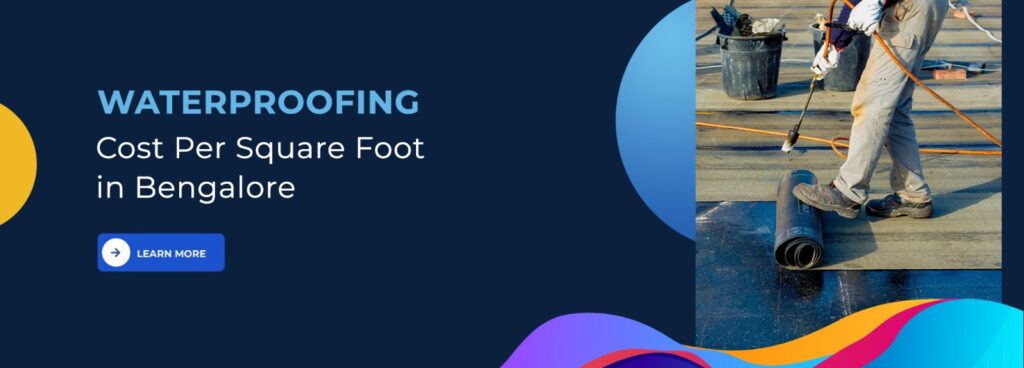Your bathroom is one of the most important spaces in your home, but it is also one of the most vulnerable to leaks, seepage, and moisture damage. At AIEOU Unicorn Pvt. Ltd., we believe that strong homes start with strong protection. With decades of expertise in waterproofing and moisture control, we provide you 20 essential bathroom waterproofing solutions that ensure safety, hygiene, and durability for years to come.
Why Bathroom Waterproofing Matters
- Constant Exposure to Water – Bathrooms are the wettest areas in any house. Prolonged exposure to water seeps into floors, walls, and ceilings, causing cracks and dampness.
- Prevention of Structural Damage – Seepage can weaken slabs, corrode reinforcement bars, and reduce building life. Waterproofing protects structural strength.
- Hygiene & Safety – Dampness leads to mold, fungus, and bacteria growth, affecting your family’s health. Waterproofing keeps the bathroom clean, hygienic, and safe.
- Long-Term Savings – A small leak today can lead to big repair costs tomorrow. Waterproofing is a smart investment that prevents expensive renovations.
20 Essential Bathroom Waterproofing Solutions
1. Floor Waterproofing Membrane
Polymer or bitumen-based membranes act as a barrier under tiles, blocking water from entering concrete slabs.
2. Wall Protection with Cementitious Coating
Cement-based coatings provide strong adhesion to walls, keeping moisture and dampness away.
3. Crack Injection & Sealing
Hairline cracks around tiles, pipes, or walls are injected with PU or epoxy grout, permanently sealing leaks.
4. Tile Joint Waterproofing
Ordinary grout absorbs water. Using epoxy grout or sealants ensures tile joints remain 100% waterproof.
5. Sunken Slab Waterproofing
The sunken area under bathrooms is prone to leakage. Sealing it with crystalline coatings prevents seepage to lower floors.
6. Shower Area Sealing
Localized waterproofing around shower cubicles keeps nearby walls safe from constant splashes.
7. Bathroom Ceiling Waterproofing
If water seeps from an upper-floor bathroom, ceiling waterproofing ensures the lower bathroom stays dry.
8. Waterproof Tile Adhesives
Replacing ordinary adhesives with polymer-modified adhesives keeps tiles bonded and leak-resistant.
9. Chemical Damp-Proof Injection
Special PU-based injections block rising dampness inside walls without re-tiling.
10. Sink & Bathtub Joint Sealing
Water often escapes through gaps around sinks and bathtubs. Advanced sealants keep these joints leak-free.
11. Drainage Outlet Waterproofing
Proper sealing around drain traps and outlets prevents leaks at the weakest points.
12. Epoxy Floor Coating
Epoxy creates a chemical-resistant, durable, and glossy finish for long-lasting bathroom floors.
13. Basement Bathroom Waterproofing
Bathrooms in basements face hydrostatic water pressure. PU membranes and crystalline coatings provide maximum protection.
14. Pipe & Fixture Sealing
Joints around water supply and drainage pipes are sealed with flexible sealants to avoid seepage.
15. Anti-Fungal Wall Coatings
Moist bathrooms attract fungus. Anti-fungal paints keep walls clean and hygienic.
16. Polyurethane (PU) Coating
Flexible PU coatings handle wall and floor movement without cracking.
17. Waterproof Cement Plaster
Polymer-modified plaster prevents water absorption in bathroom walls.
18. Concrete Admixtures for Construction
Adding crystalline waterproof admixtures during construction creates permanent resistance against seepage.
19. Transparent Tile Coatings
Clear waterproofing coatings protect marble, granite, and tiles without changing their look.
20. Complete Bathroom Renovation Waterproofing
For bathrooms with severe leaks, a full waterproofing solution with membrane + coating ensures complete safety.
Special Tips from AIEOU Unicorn
- Always waterproof sunken slabs before tiling.
- Use epoxy grout for tile joints instead of cement grout.
- Seal pipe entry and exit points carefully.
- Apply PU coatings for flexibility in bathrooms prone to cracks.
- For old bathrooms, choose chemical injection waterproofing as a quick fix.
Why Choose AIEOU Unicorn?
- 30+ Years of Expertise – We bring decades of experience in waterproofing, structural protection, and damp-proofing.
- Advanced Waterproofing Technology – We use PU membranes, crystalline admixtures, and HDPE sheets for maximum protection.
- Pan-India Services– With strong presence in Bengaluru, Kolkata, and Delhi, we serve homeowners, builders, and businesses.
- Customer-Centric Approach – We provide tailored waterproofing solutions to match your budget and bathroom type.
- Long-Term Protection Guarantee – Our solutions ensure 10–15 years of leak-free bathrooms.
FAQs
Q1. Is bathroom waterproofing necessary if tiles are installed?
Yes. Tiles are not waterproof. Water seeps through joints and grout into concrete.
Q2. How much time does bathroom waterproofing take?
A new bathroom takes 3–5 days, while chemical injection can be done in 1 day.
Q3. Can waterproofing be done without removing tiles?
Yes, liquid coatings and PU injections allow non-invasive waterproofing.
Q4. What is the best method for sunken bathroom areas?
Crystalline waterproofing and polymer-modified membranes work best.
Q5. How often should bathroom waterproofing be redone?
Typically every 10–12 years, depending on quality of materials.
Conclusion
A bathroom is a daily-use space that deserves care, safety, and protection. Without waterproofing, it becomes the biggest source of leakage, dampness, and health hazards.
At AIEOU Unicorn Pvt. Ltd., we bring 20 essential bathroom waterproofing solutions designed to keep your home dry, strong, and leak-free. Whether you need quick repairs or complete bathroom protection, we have the expertise to safeguard your home for decades.


